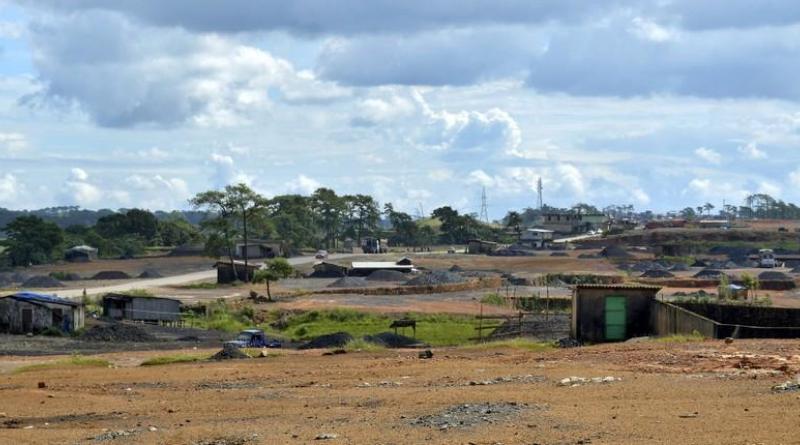India to invite bids from global coal miners before end of 2019.

NEW DELHI - India plans to invite bids from global firms for the first time for coal mining blocks before end-2019, sources familiar with the matter said, a move that would end Coal India Ltd’s near-monopoly for the fuel as the nation tries to cut imports.
Coal is among the top five commodities imported by India, one of the world’s largest consumers of the fuel. Coal imports are surging after the government failed to open the industry to competition, despite having passed a liberalization policy 19 months ago.
The coal block auctions are intended to attract global miners such as Glencore PLC (GLEN.L), BHP Group (BHP.AX), Anglo American PLC (AAL.L) and Peabody Energy Corp (BTU.N).
The government aims to allow companies with winning bids to begin development of the coal blocks - which hold proven reserves - by early 2020, the three sources said.
It is not clear when the government expects to see first output from the coal blocks. India’s Ministry of Coal did not respond to a request for comment.
Total imports of thermal coal - used mainly for power generation - rose by about a third during the quarter ended June 30 to 56.23 million tonnes as compared with the same period last year, according to government data reviewed by Reuters.
Coal India (COAL.NS) and a small stated-owned company are the only firms currently allowed to mine and sell coal in India. India does allow some power, steel, cement and aluminum companies to mine coal for their own captive use.
OPPORTUNITY FOR MINERS
India’s annual coal demand rose to nearly a billion tonnes during the year to end-March 2019, and growing local consumption of the fuel from utilities and an expanding cement sector present an opportunity for miners.
But attracting foreign interest when India’s overall economic growth is slowing and global investors are trying to move away from coal - because of risks to public image over one of the dirtiest fossil fuels - could be a challenge.
London-listed Rio Tinto (RIO.L) has already sold out all its thermal coal mine exposure, for instance, and miners such as Glencore and BHP have said they also plan to cut exposure due to the concerns of shareholders over global warming.
The privatization of India’s coal sector, however, would also present opportunities to local mining conglomerates such as Adani Enterprises (ADEL.NS) and Vedanta Ltd (VDAN.NS), which could help arrest rising imports.
“Any interest from Indian or Asian players would critically hinge on the nature of blocks offered, and also on any government efforts to reduce bureaucratic hurdles and improve infrastructure,” said Satyadeep Jain, an independent global metals and mining equity consultant.
Indian steelmakers import a bulk of their coal needs due to scarce local production of coking coal, while coastal power producers are expected to continue depending on imports.
The government wants to cut all coal imports barring shipments by the coastal utilities and steelmakers, two of the sources said, adding that New Delhi wants to cut imports by at least 100 million tonnes over five years.
India’s coal imports rose 13% to 235.2 million tonnes during the year-ended March 31, 2019, according to government data, despite moves by Prime Minister Narendra Modi’s government to cut imports to reduce the nation’s trade deficit.
Modi’s government has been pushing hard on a plan to liberalize the coal sector, and his cabinet recently passed a proposal allowing 100% foreign investment in coal mining.
Proposals to liberalize the sector, however, have been stifled by resistance from Coal India’s worker unions, which have issued strike notices for next week to protest the move.
The government is hopeful of having talks with the unions to ensure the coal sector is privatized, the sources said.
18 September 2019
REUTERS




